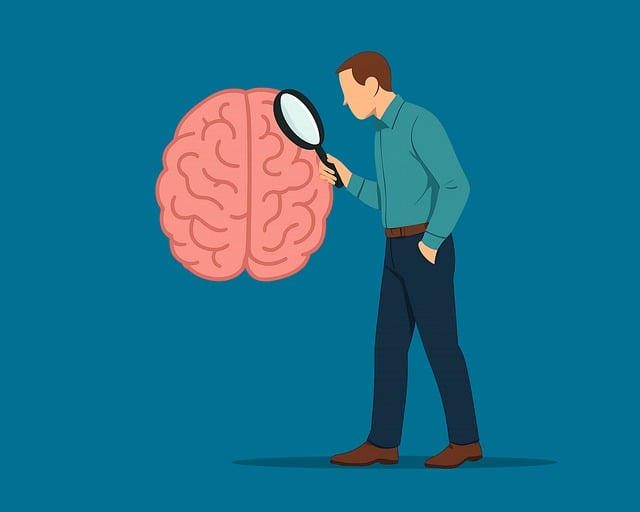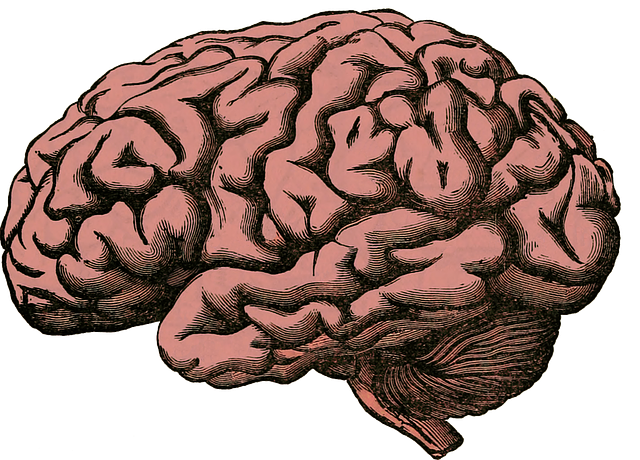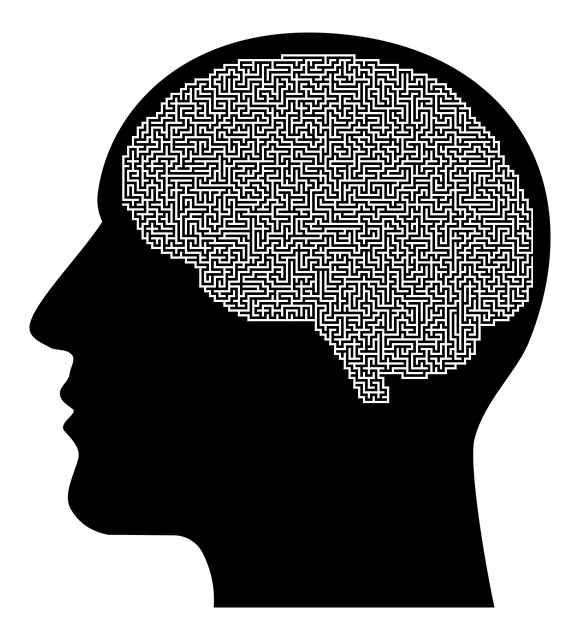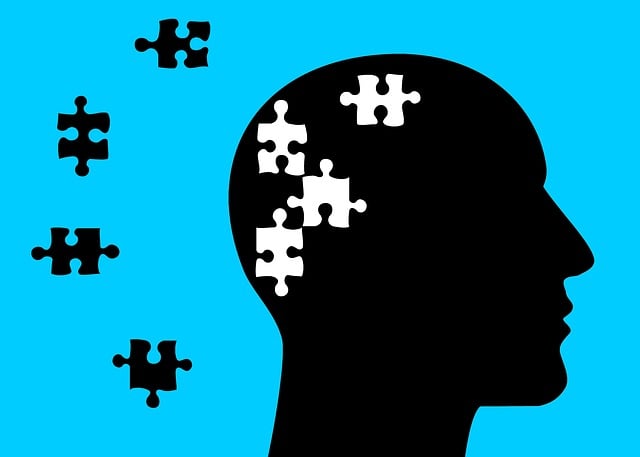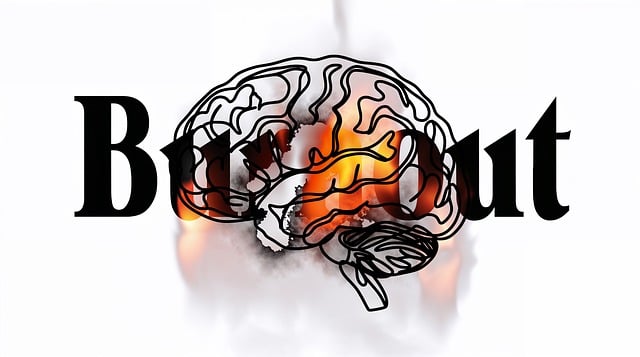Stigma significantly hinders access to mental health services like Englewood Anger Management Therapy (EAMT), perpetuating discrimination and exclusion. EAMT combats this by teaching communication skills, boosting self-esteem, and creating supportive environments through group sessions and personalized plans. Community engagement through workshops, seminars, and programs raises awareness, dispel myths, and fosters understanding of mental health issues like anger management. Policy reforms integrating mental health education into schools and promoting access to quality care further reduce stigma, encourage early intervention, and normalize therapy conversations, ultimately creating a more supportive society.
Mental illness stigma remains a significant barrier to seeking help, yet efforts to reduce it are gaining momentum. This article explores various strategies, from understanding the profound impact of stigma on mental health seeking to examining innovative models like Englewood Anger Management Therapy. We delve into community engagement and education as powerful tools for change and discuss policy reforms needed to create a more supportive environment. By integrating these approaches, we can collectively break down stigma and improve access to care.
- Understanding Stigma: Its Impact on Mental Health Seeking
- Englewood Anger Management Therapy: A Model for Reducing Stigma
- Community Engagement and Education: Key Strategies for Change
- Policy and Systemic Reforms: Creating a More Supportive Environment
Understanding Stigma: Its Impact on Mental Health Seeking

Understanding stigma is a crucial step in mental health seeking. It often manifests as negative attitudes and beliefs about individuals with mental illness, leading to discrimination and exclusion. This can significantly impact a person’s willingness to reach out for help or openly discuss their struggles. In many cases, stigma creates barriers that prevent people from accessing essential mental health services, such as Englewood Anger Management Therapy, effectively.
Reducing stigma is vital for fostering Mental Health Awareness and promoting social integration. Initiatives like Social Skills Training and the production of Mental Wellness Podcast Series can play a significant role in this process. By sharing personal stories, providing accurate information, and encouraging open conversations, these efforts help to dispel misconceptions, build empathy, and create supportive environments where individuals feel comfortable seeking support for their mental wellness without fear of judgment or ostracization.
Englewood Anger Management Therapy: A Model for Reducing Stigma

Englewood Anger Management Therapy (EAMT) offers a compelling model for reducing mental illness stigma, particularly around anger and aggression. By focusing on evidence-based communication strategies and self-esteem improvement, EAMT challenges societal norms that often contribute to negative perceptions of individuals facing mental health challenges. This therapeutic approach encourages open dialogue, fostering understanding and empathy within communities, which is crucial for breaking down barriers.
Through group sessions and individualized planning, EAMT promotes a sense of belonging and normalizes the experience of managing anger in a healthy way. By integrating participants’ stories into public awareness campaigns development, the program humanizes mental illness, countering stereotypes and promoting acceptance. This holistic strategy not only empowers individuals to manage their anger but also contributes to a more inclusive society where mental health is treated with the same compassion as physical health.
Community Engagement and Education: Key Strategies for Change

Community engagement and education play a pivotal role in reducing the stigma surrounding mental illness. By bringing awareness to diverse communities, we can foster an environment where individuals feel understood and supported. This strategy involves empowering local groups through workshops, seminars, and interactive programs that educate about mental health, dispel myths, and encourage open conversations. For instance, initiatives like Englewood Anger Management Therapy have shown success in teaching community members effective coping mechanisms and emotional regulation skills, thereby promoting early intervention and reducing the impact of stigma.
Furthermore, integrating discussions around inner strength development within these educational frameworks equips individuals with resilience to navigate mental health challenges. Encouraging open dialogue about Stress Reduction Methods and Mental Health Policy Analysis and Advocacy ensures that people have access to resources and understand their rights. Such efforts collectively contribute to a more compassionate society where mental illness is viewed as a healthcare concern rather than a personal failure, ultimately leading to better outcomes for those affected.
Policy and Systemic Reforms: Creating a More Supportive Environment

Policy and systemic reforms play a pivotal role in reducing the stigma surrounding mental illness. Governments and organizations can create a more supportive environment by implementing evidence-based practices and programs designed to enhance mental wellness. One effective strategy is integrating mental health education into school curricula, fostering early intervention and promoting peer support. This ensures that individuals develop a deeper understanding of mental health issues, leading to increased empathy and reduced stigma.
Additionally, policy changes can advocate for better access to quality care, such as Englewood Anger Management Therapy, which focuses on self-esteem improvement. By normalizing conversations around therapy and reducing barriers to treatment, we can foster a society that embraces mental health awareness. These systemic efforts are crucial in dismantling the enigma surrounding mental illness and encouraging individuals to seek help without fear of judgment.
Mental illness stigma reduction is a multifaceted approach that involves understanding its profound impact, implementing innovative therapies like Englewood Anger Management Therapy, engaging communities through education, and driving systemic changes through policy reforms. By combining these strategies, we can create a more inclusive environment where individuals with mental health challenges feel supported and empowered to seek the help they need. This collective effort is crucial in breaking down barriers and fostering a society that embraces neurodiversity.

